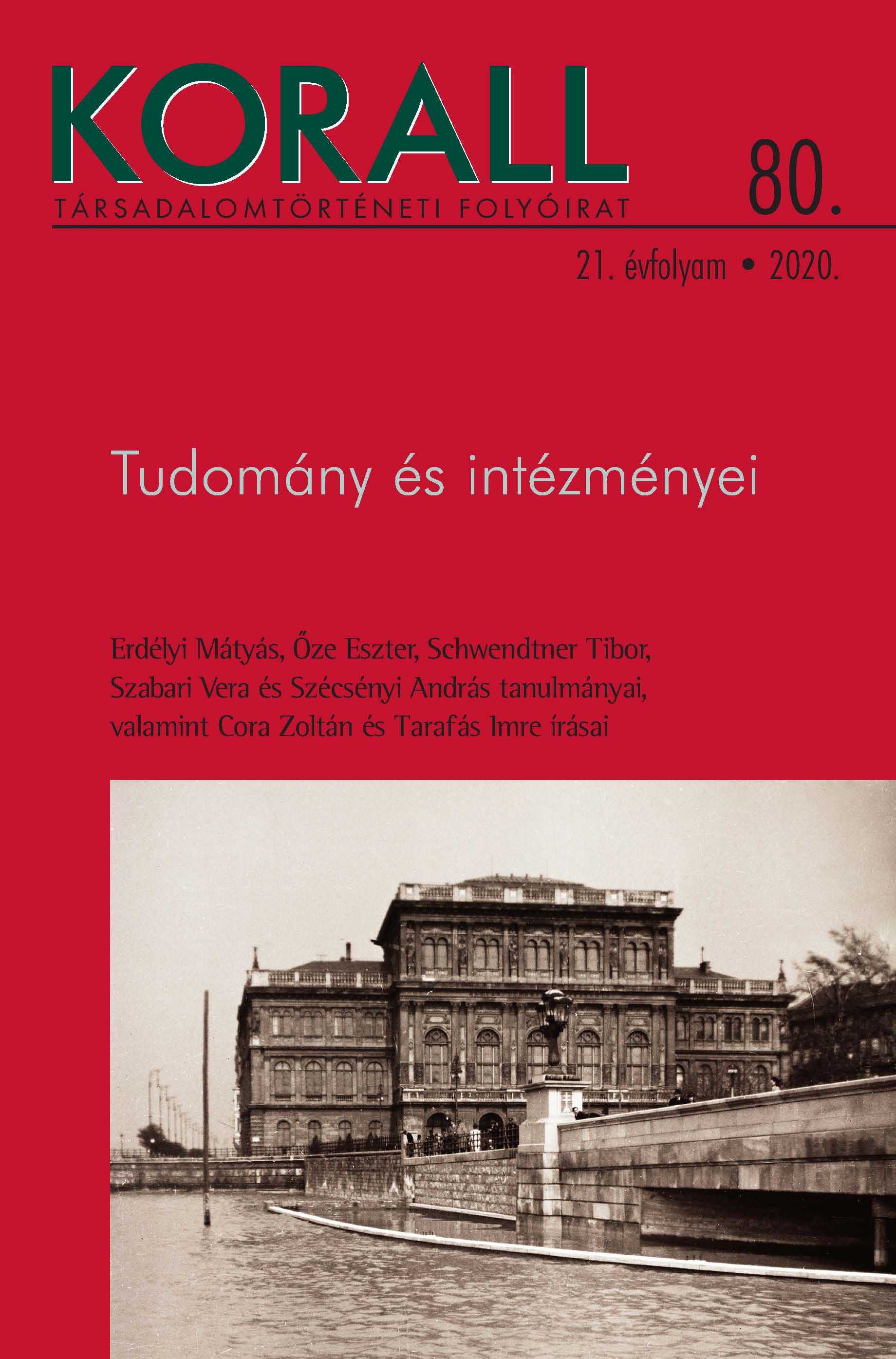A Keleti Kereskedelmi Akadémia és az orientalisták: tudomány, a gazdaság és a politika interakciója
The Oriental Academy of Commerce and the Orientalists: The Interplay between Academics, Economics and Politics
Author(s): Mátyás ErdélyiSubject(s): Cultural history, Higher Education , History of Education
Published by: KORALL Társadalomtörténeti Egyesület
Keywords: Oriental Course of Commerce; Oriental Academy of Commerce; orientalism;
Summary/Abstract: The case study of the Oriental Course of Commerce (1891–1899) and the Oriental Academy of Commerce (1899–1919) provides an apt terrain to examine the relationship between learning, economics and society. The Oriental Academy served as an institutional centre for the early practice and teaching of orientalism. Ignác Kúnos was a long-serving head of the institution, the ethnography and commercial geography of the East was taught by Adolf Strausz, the history of Eastern peoples by Ede Mahler, and Gyula Germanus was the instructor of Turkish and Arabic. The official function of the academy was to “provide theoretical and, where possible, practical training in skills necessary for trade with the Orient” – that is, practical business training – but was also inherently intertwined with the concept of ‘orientalism’ described by Edward Said. The Oriental Academy, however, is a case which also highlights some shortcomings in Said’s argument since learning – albeit an active component in national culture, political conflicts and social inequality – follows its own logic here. The institutional strategy of the Academy is interpreted in this conceptual framework: the Eastern scholarships received by the students and their reports, the creation and dissemination of applied knowledge (e.g. Oriental Phraseology published for field hospitals operating in the Balkans, and other guidebooks) or the Oriental Museum inaugurated in 1913, must all be analysed as integral parts of Hungarian orientalism. The function, content and disciplinary boundaries of orientalist studies were a result of a complicated process, organically bound to the logic of scholarship, as well as to a project of professionalization (the creation of a Hungarian trading class), the concept of commercial expansion, and the myth of cultural colonization. Thus, the present study examines who decided what was professionally acceptable and culturally legitimized in the field of early oriental¬ist studies.
Journal: Korall - Társadalomtörténeti folyóirat
- Issue Year: 2020
- Issue No: 80
- Page Range: 32-53
- Page Count: 22
- Language: Hungarian

